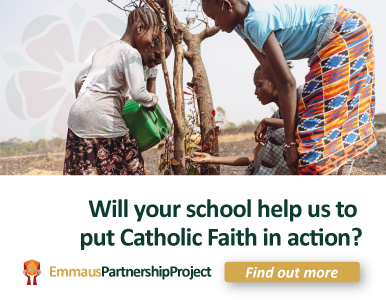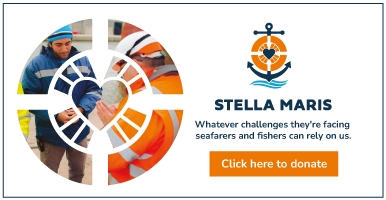Sorry, no records were found. Please adjust your search criteria and try again.
Sorry, unable to load the Maps API.
As the United Nations reveals the scale of global humanitarian need, charities have issued an urgent call for increased support to Sudan – and the need for a locally-led response to a forgotten crisis.
On Wednesday 4th December, the United Nations humanitarian aid coordination office (OCHA) published its annual Global Humanitarian Overview for 2025, summarising the state of humanitarian suffering around the world, and outlining the level of financial support currently available for life-saving efforts. As of 17 October 2024, only 35 per cent of the UN’s existing global appeal is funded. This enormous gap, between need and resource, directly impacts millions of people experiencing crisis around the world.
To coincide with the UN’s call for action, and in solidarity with national and local partners, a network of Christian charities is calling on world leaders, governments funding the humanitarian response, and the UN system to urgently strengthen support for Sudan, the world’s largest humanitarian crisis. We specifically call for funding aimed at supporting local community groups, such as churches, women’s organisations, youth networks and other community-based groups, who are at the frontline of the response.
- Increased attention must be given to the catastrophic situation in Sudan, and the humanitarian response which is chronically underfunded.
- Donor governments, UN agencies and other international humanitarian organisations need to change the ways they work, to better support local frontline responders, that are the backbone of the humanitarian response in Sudan and other crisis-hit countries.
To get resources to these local groups, faith leaders, and faith-based organizations, CAFOD, ACT Alliance and Norwegian Church Aid are engaged in a joint appeal to provide cash support, protection, water and hygiene to thousands of displaced Sudanese, including local community groups and national organisations in areas where there is no UN agency presence, and in some cases no other international NGOs.
Evidence from other countries clearly shows that working with local communities is a highly effective and empowering method of providing relief and long-term stability. By maximising local relationships and knowledge, and encouraging community engagement, CAFOD partners and others act as a connector to UN operations in the rest of the country.
“Right now in Sudan, the largest crisis in the world, local community groups and networks have access and are delivering assistance where the UN and other big international agencies cannot. CAFOD, alongside other church and diaspora networks, are supporting them,” said Christine Allen, Director of CAFOD.
“The British Government needs to work with the UN, with partnership-based non-governmental organisations like ours and directly with national organisations to find ways to better support local first responders. The gap between the vast needs identified by the UN system and shrinking aid budgets of many major donors means that a new approach is needed. Better partnerships with local first responders must be part of how we cope with this reality, and the British Government needs to change the way it funds humanitarian response to act on that.”
Kayode Akintola, Head of Africa Region, CAFOD said: “As the UN and donor governments take stock of global humanitarian needs, we urge them to increase support for Sudan, and in particular for local community groups, who are the first responders doing lifesaving work, but currently receive inadequate support and recognition from the international system. Recent years have seen an alarming trend with aid budgets cut by multiple governments, just when conflict, famine and the impacts of the climate crisis are spreading.
“It’s a perfect storm – of increasing unmet humanitarian needs, and inadequate support to local first responders – illustrated in the catastrophic situation we are seeing right now in Sudan, but also in countries like DRC, South Sudan, Syria and many other places.
“We strongly back the UN’s call for support by donors, but we also need to find ways to break through the bureaucracy and act in solidarity with local groups on the ground. They have the access to communities in need and are saving lives, especially those in hard-to-reach areas. Through our joint partnership with local first responders in Sudan, CAFOD and other Christian charities such as ACT Alliance and Norwegian Church Aid are doing all we can, but without more resources it remains a drop in an immense ocean of human suffering and chronic injustice.”
![]()


































